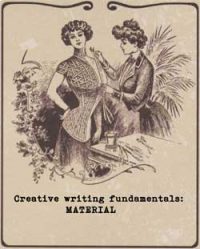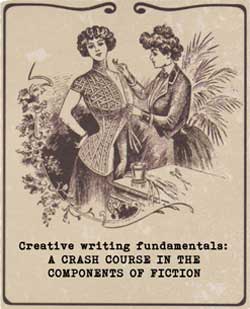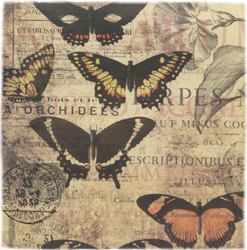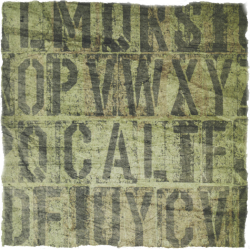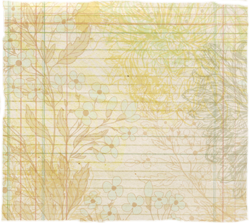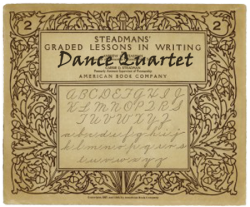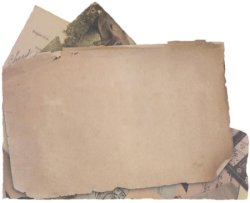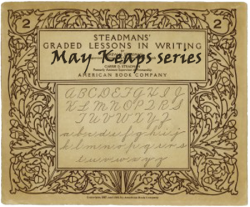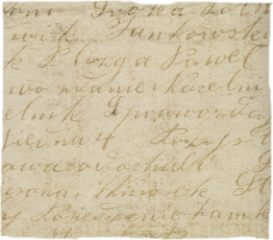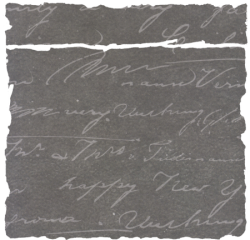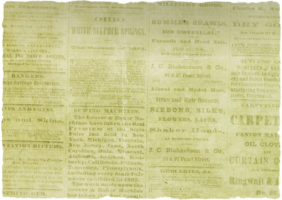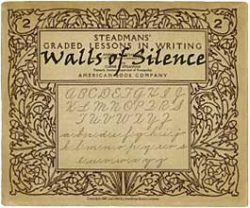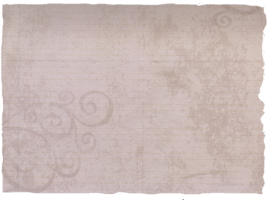‘Where do you get your ideas from?’ is the question most often asked of writers.
We get them from the world around us. They come from how we live our lives, and what we discover along the way. Sometimes this involves facts or subject matter that interest us, or our obsessions, or a heard snippet . . . the sources are endless. But only if you are open to them. If you go looking.
Train your powers of observation. Be a magpie collecting things – but not just the shiny stuff; the ordinary is what readers relate to on an emotional level and what will make your stories feel real.
Write the things that everyone sees but most people don’t bother to remark upon. Note the details of your familiar surroundings as if in them for the first time.
Many writers keep notebooks with jottings of people and places and conversations to act as a source of material.
Compile a library of books on your subjects of choice. Develop a degree of expertise; if not beyond, then certainly up to the level of detail your characters will need know.
You are the only person who knows what it is like to experience an emotion from the inside. Consider keeping a journal on how something affects you (these don’t have to only be traumatic things) the moment it happens. Trust me, once an experience has faded in intensity it is very difficult to recall exactly how it felt.
I have written extensively about how I go about researching my novels. You can find the pieces here.
What some other writers have to say about the process of gathering and using material:
The spider gets his thread out of his own guts, and that is where the author gets his writing, and in that profound sense everything he writes is autobiographical. He could not write if he had not seen and felt deeply.
Robertson Davies
If a writer stops observing he is finished.
Hemingway
A novelist is on the cusp between someone who knows everything and someone who knows nothing.
Jane Smiley
Find a subject you care about and which in your heart feel others should care about. It is this genuine caring, not your games with language, which will be the most compelling and seductive element in your style.
Kurt Vonnegut
Write about what you know personally, limited though it may be. Get your facts right.
Frederick Forsyth
Writing fails because the writer does not know enough about his material. If he knows enough, he will feel enough.
William Sloane
Examine nature accurately, but write from recollection, and trust more to your imagination than to your memory.
Samuel Taylor Coleridge
Choice of subject is of cardinal importance. One does by far one’s best work when besotted by and absorbed in the matter at hand.
Jessica Mitford
War is the best subject of all . . . Love is also a good subject . . . other major subjects are money, avarice and murder.
Hemingway
The writer must be aware of life around him.
Dorothy Parker
Everything is taken from one’s life. You can call them emotions or thoughts. These are all names for experience.
Issac Bashevis Singer



